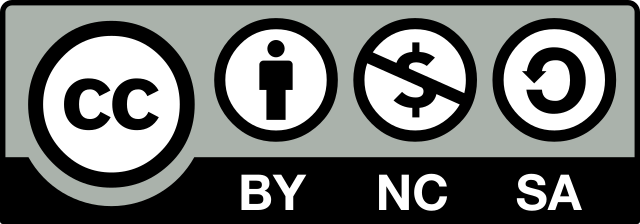Abstract
Objective The aim of the study was to investigate the relationship between apolipoprotein E (APO-E) gene polymorphism and psoriasis and its relation to disease severity. Background APO-E is a plasma glycoprotein with known functions in plasma lipoprotein metabolism and in lipid transport within tissues. The association between APO-E alleles E2/E3/E4 and psoriasis has been reported by some authors, but others have not confirmed this. Patients and methods This is a comparative cross-sectional case–control study that was carried out on 55 individuals who were divided into two groups: the patient group, consisting of 40 patients who were subdivided into those with early-onset and those with late-onset disease, and the control group, consisting of 15 normal individuals. Both patients and controls underwent history taking, clinical examinations, and laboratory investigations for assessment of APO-E polymorphism by means of PCR, restriction enzymes, and gel electrophoresis, and lipid profile assessment by the colorimetric method. Results APO-E genotypes E2/E3 and E3/E4 and allele E4 were significantly higher among psoriatic patients. There was no significant relation between APO-E genotypes and severity, age at onset, duration, sex, types, and sites involved. There was a highly significant increase in total cholesterol, triglycerides, and low-density lipoprotein and a highly significant decrease in high-density lipoprotein in psoriatic patients. There was a nonsignificant relation between lipid profile of the patients and severity of the disease with a significant increase in the lipid profile with allele E4. Conclusion The apolipoprotein polymorphism is significantly associated with the pathogenesis of psoriasis, with no relation to disease severity, age at onset, duration, sex, types, and sites involved. The lipid profile is significantly different in psoriatic patients compared with normal subjects but with no relation to severity of the disease and with a relation to the gene allele E4.
Article Type
Original Study
Recommended Citation
Abd El-Hamid, Ayman K.; Neanaa, Ghada H. A.; and El-Farargy, Shawky M.
(2017)
"The role of apolipoprotein E gene polymorphism in psoriatic patients and its relation to disease severity,"
Menoufia Medical Journal: Vol. 30:
Iss.
1, Article 4.
DOI: https://doi.org/10.4103/1110-2098.211527

 Attribution-NonCommercial-ShareAlike 4.0 International (CC BY-NC-SA 4.0)
Attribution-NonCommercial-ShareAlike 4.0 International (CC BY-NC-SA 4.0)



